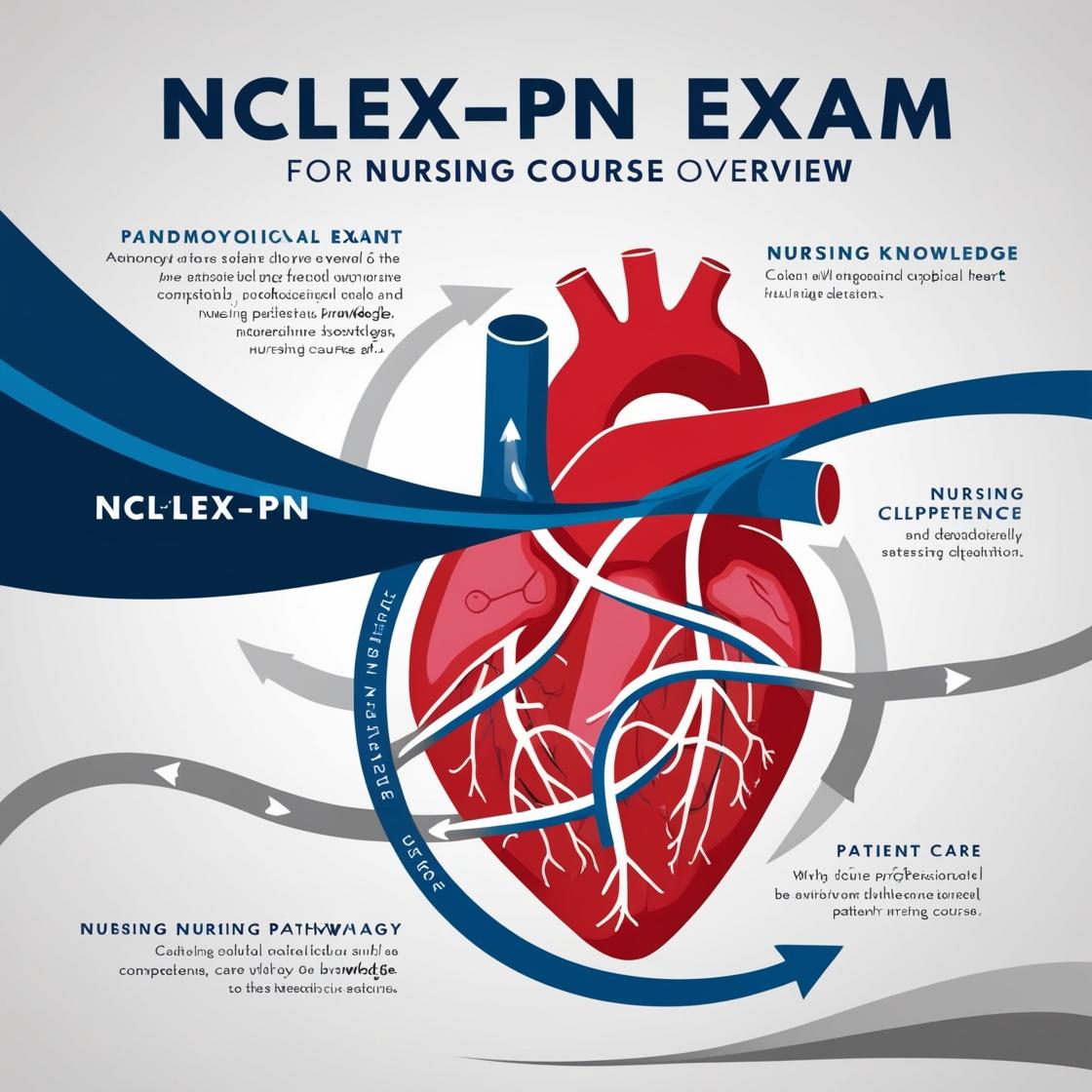NCLEX-PN
2024 PN NCLEX Questions
1. A nurse is assisting with data collection on an older client who will be seen by a physician in a health care clinic. When the nurse asks the client about sexual and reproductive function, the client reports concern about sexual dysfunction. What should be the nurse's next action?
- A. Document the client's concern in the medical record.
- B. Report the client's concern to the health care provider.
- C. Tell the client that sexual dysfunction is not a normal age-related change.
- D. Ask the client about medications he is taking.
Correct answer: D
Rationale: Sexual dysfunction is not a normal process of aging. The prevalence of chronic illness and medication use is higher among older adults than in the younger population. Illnesses and medications can interfere with the normal sexual function of older men and women. It is crucial to assess the medications the client is taking as they could be contributing to the reported sexual dysfunction. While documenting the concern and informing the healthcare provider are important steps, the immediate priority is to gather information on the medications that could be impacting the client's sexual function. Therefore, the nurse's next action should be to ask the client about the medications he is taking.
2. When discussing birth control methods with a client, what major factor should a nurse focus on to provide the motivation needed for consistent implementation of a birth control method?
- A. Personal preference
- B. Work and home schedules
- C. Family planning goals
- D. Desire to have children in the future
Correct answer: A
Rationale: When discussing birth control methods with a client, a nurse should focus on the client's personal preference as a major factor that will provide the motivation needed for consistent implementation of a birth control method. Personal preference plays a key role in ensuring that the chosen method aligns with the client's lifestyle and values, increasing the likelihood of adherence. While work and home schedules, family planning goals, and the desire to have children in the future can influence the choice of birth control method, they are not the primary motivating factors for consistent implementation. Personal preference is crucial as it empowers the client to select a method that suits their individual needs and preferences, ultimately leading to better compliance and effectiveness.
3. As part of a routine health screening, the nurse notes the play of a 2-year-old child. Which of the following is an example of age-appropriate play at this age?
- A. builds towers with several blocks
- B. tries to color within the lines
- C. says "Mine!"? when playing with toys
- D. tries to jump rope
Correct answer: C
Rationale: For a 2-year-old child, saying 'Mine!' when playing with toys is an example of age-appropriate play. Toddlers at this age are possessive and asserting their sense of ownership. Building towers with blocks and trying to color within the lines involve more advanced motor skills and cognitive abilities that are typically not fully developed in a 2-year-old. Jumping rope requires coordination and balance beyond what a 2-year-old can usually achieve. Therefore, choices A, B, and D are not considered age-appropriate plays for a 2-year-old child.
4. A sexually active adolescent asks the school nurse about the use of latex condoms and the reduction of the risk of sexually transmitted infections (STIs). The nurse provides which information to the adolescent?
- A. Using a latex condom is a good method for reducing the risk of sexually transmitted infections (STIs).
- B. The only way to reduce the risk of transmission of STIs is abstinence.
- C. A spermicide needs to be used along with a condom to prevent transmission of STIs.
- D. Using a latex condom can reduce the risk of transmission of STIs.
Correct answer: D
Rationale: The correct answer is that using a condom during intercourse can reduce the risk of STI transmission. Abstinence is a way to prevent STIs, but not the only way. Using a spermicide along with a condom can help prevent pregnancy, not STIs. While condoms may fail to prevent pregnancy, they are effective in reducing the risk of STI transmission. Therefore, using a latex condom for pregnancy prevention is not directly related to preventing the transmission of STIs.
5. The nurse notes that a client in later adulthood has tremors of the hands. Based on this finding, what action should the nurse take?
- A. Ask the healthcare provider about referring the client to a neurological specialist.
- B. Obtain a prescription for a muscle relaxant.
- C. Notify the healthcare provider immediately.
- D. Document the findings.
Correct answer: D
Rationale: When a nurse observes senile tremors, such as intentional tremor of the hands in a client in later adulthood, it is important to document the findings. Senile tremors are benign and a normal age-related occurrence. Referring the client to a neurological specialist (Choice A) is unnecessary as senile tremors do not require specialized neurological intervention. Prescribing a muscle relaxant (Choice B) is not indicated since senile tremors are benign and not typically treated with muscle relaxants. Notifying the healthcare provider immediately (Choice C) is unnecessary as senile tremors do not require urgent intervention. Therefore, the most appropriate action is to document the findings (Choice D) for the client's medical record and to establish a baseline for future assessments.
Similar Questions

Access More Features
NCLEX PN Basic
$69.99/ 30 days
- 5,000 Questions with answers
- Comprehensive NCLEX coverage
- 30 days access @ $69.99
NCLEX PN Premium
$149.99/ 90 days
- 5,000 Questions with answers
- Comprehensive NCLEX coverage
- 30 days access @ $149.99
